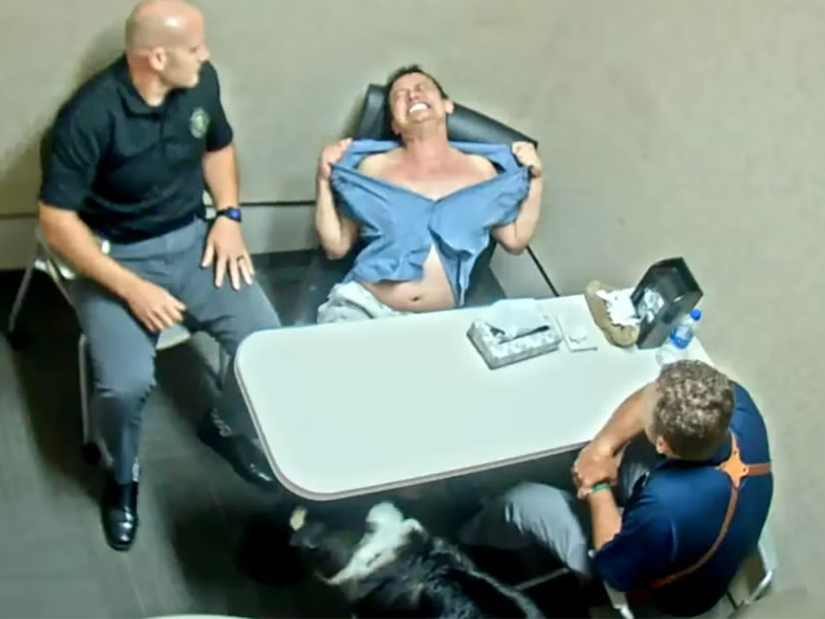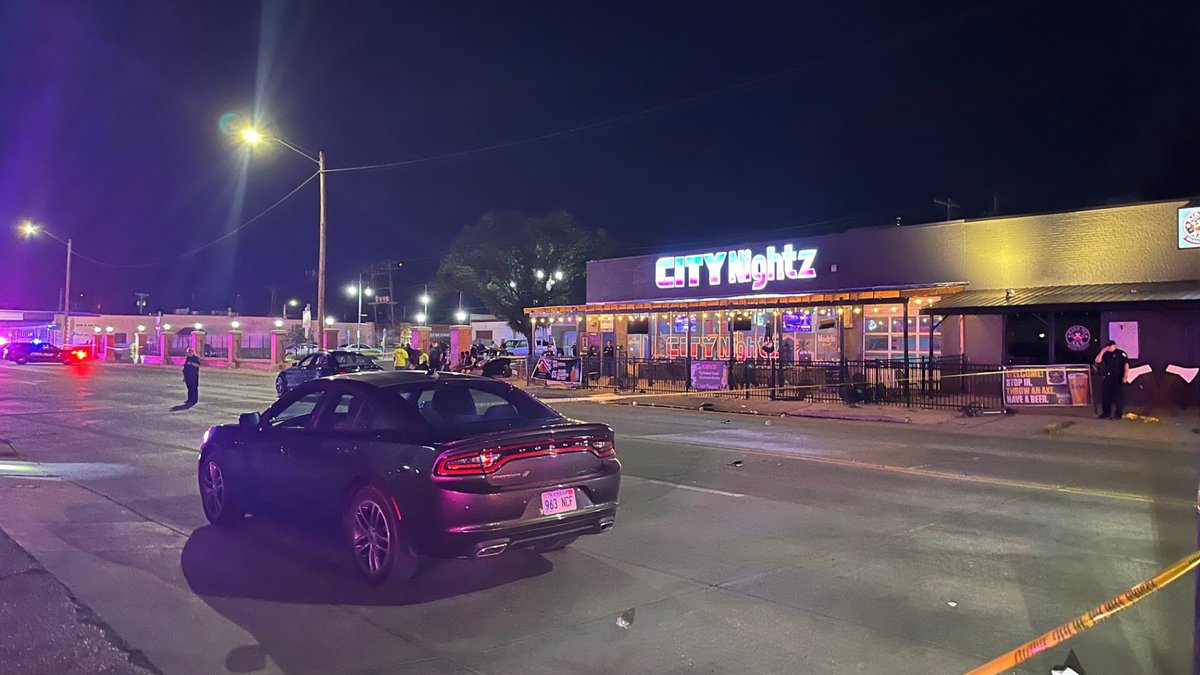Say What Now? City to Pay $900K for Making Man Confess to Murder That Never Happened
Thomas Perez Jr. wasn’t arrested; instead, he was detained and interrogated for almost a full day after reporting… The post Say What Now? City to Pay $900K for Making Man Confess to Murder That Never Happened appeared first on LOVEBSCOTT.


Thomas Perez Jr. wasn’t arrested; instead, he was detained and interrogated for almost a full day after reporting his father missing. At one point, officers even brought in his dog and threatened to have her put down.
During a 17-hour interrogation, police falsely told Thomas Perez Jr. that his father was dead.
Over 17 hours of police interrogation, detectives falsely claimed Thomas Perez Jr.’s father was dead, suggested his dog would be euthanized when Perez went to prison for killing him, denied him anxiety and blood pressure medications, and extracted a confession for a murder that never happened, according to court records and video of the questioning.
The 2018 interrogation by Fontana, Calif., police kicked off a years-long legal battle that appeared headed for trial before the city agreed to settle Perez’s federal lawsuit for nearly $900,000. The city council in Fontana, about 46 miles east of Los Angeles, approved the agreement this month.
“Mentally torturing a false confession out of Tom Perez, concealing from him that his father was alive and well, and confining him in the psych ward because they made him suicidal, in my 40 years of suing the police I have never seen that level of deliberate cruelty by the police,” Jerry Steering, an attorney for Perez, told the Orange County Register, which first reported the settlement.
Judge Dolly Gee for the Central District of California wrote in a court filing last June that the evidence in the case could lead a reasonable juror to conclude the police interrogation amounted to “unconstitutional psychological torture.”
Representatives for the city and its police department did not respond to requests for comment Saturday.
For decades, courts have given police broad protections for the tactics they use during interrogations; in almost all cases, it is legal for police to lie to adult suspects during questioning. Coerced admissions of guilt have played a role in more than 300 exonerations in murder cases since 1989, according to the National Registry of Exonerations.
For Perez, what began as a call to police after his “elderly” father went missing crescendoed into a marathon interrogation that caused his mental health to unravel to the point where he attempted suicide.
He had initially contacted law enforcement because his father, who had signs of dementia, had not returned after taking the family’s dog outside to get the mail. Detectives who responded interpreted Perez’s behavior as suspicious and thought the home’s disarray indicated a struggle, the city later wrote in court filings. (Perez said in his lawsuit that the space was messy due to ongoing renovations).
Detectives brought Perez to the police station the next day and accused him of killing his father. At one point, a detective falsely told Perez that his father had been found dead and that his body was at the morgue. “He has a toe tag on him,” the detective said, according to the lawsuit.
Detectives warned Perez that he would “never see the light of day again” and that after he was imprisoned for killing his father, his Labrador retriever, Margosha, would be euthanized as a stray, court records say. At one point, police allegedly brought the dog to the station and instructed Perez to say a “final goodbye.”
“Okay your dog’s gone now, forget about it,” the detectives said, according to the lawsuit.
Perez said in the suit that he offered alternative explanations for where his father could be — including visiting a friend or Perez’s sister — but that detectives failed to call his sister or try to contact his father.
Detectives also refused to let Perez access medication he took for anxiety, high blood pressure and other conditions, the lawsuit says. He grew so distraught during questioning that he began tearing at his hair and his shirt and hitting himself, video of the interrogation shows.
Perez eventually relented and falsely confessed to murdering his father, court documents say. While left unattended afterward, Perez attempted to kill himself, according to the documents. He was then arrested and taken to a mental hospital.
It was there that the false confession fell apart: Perez’s sister called police to say her father was alive; he had walked from his home to a train station and then took public transit to visit a friend. Even after they learned that Perez’s father was alive, Perez alleged, police did not immediately make it clear to him that he was free to leave the police station.
“I never thought that it was easy, maybe even possible, to get a completely innocent person to confess to something like that,” Steering told Los Angeles-based TV station KCAL. “But after I watched the video and watched the interrogation of Tom Perez, what I divined is that they could get you and I to confess to killing Abe Lincoln if they wanted to.”
The settlement comes months after Fontana was named in another civil rights lawsuit for a 2023 incident where police officers allegedly fatally shot a man in the back while he ran away. Police say the man fled during a traffic stop and was armed with a handgun.
If you or someone you know needs help, visit 988lifeline.org or call or text the Suicide & Crisis Lifeline at 988.
via: Washington Post
The post Say What Now? City to Pay $900K for Making Man Confess to Murder That Never Happened appeared first on LOVEBSCOTT.












